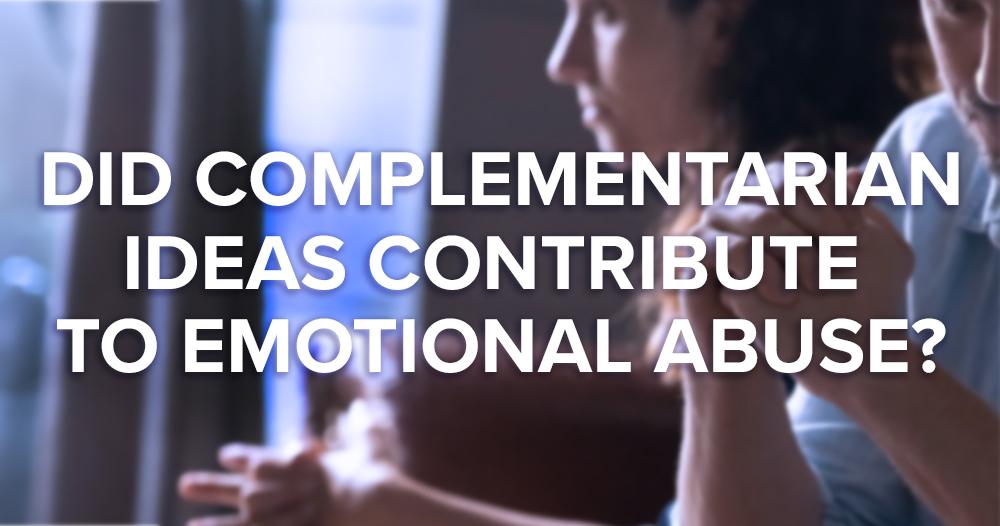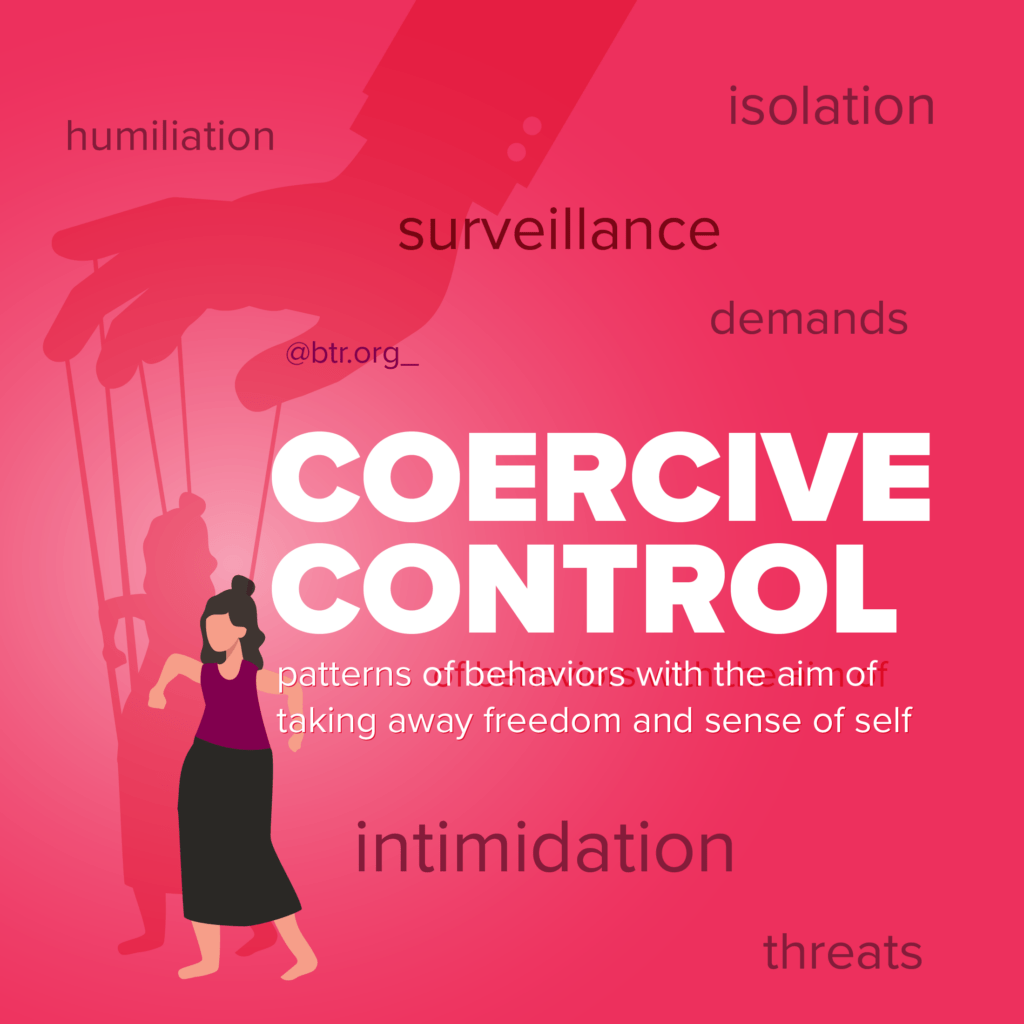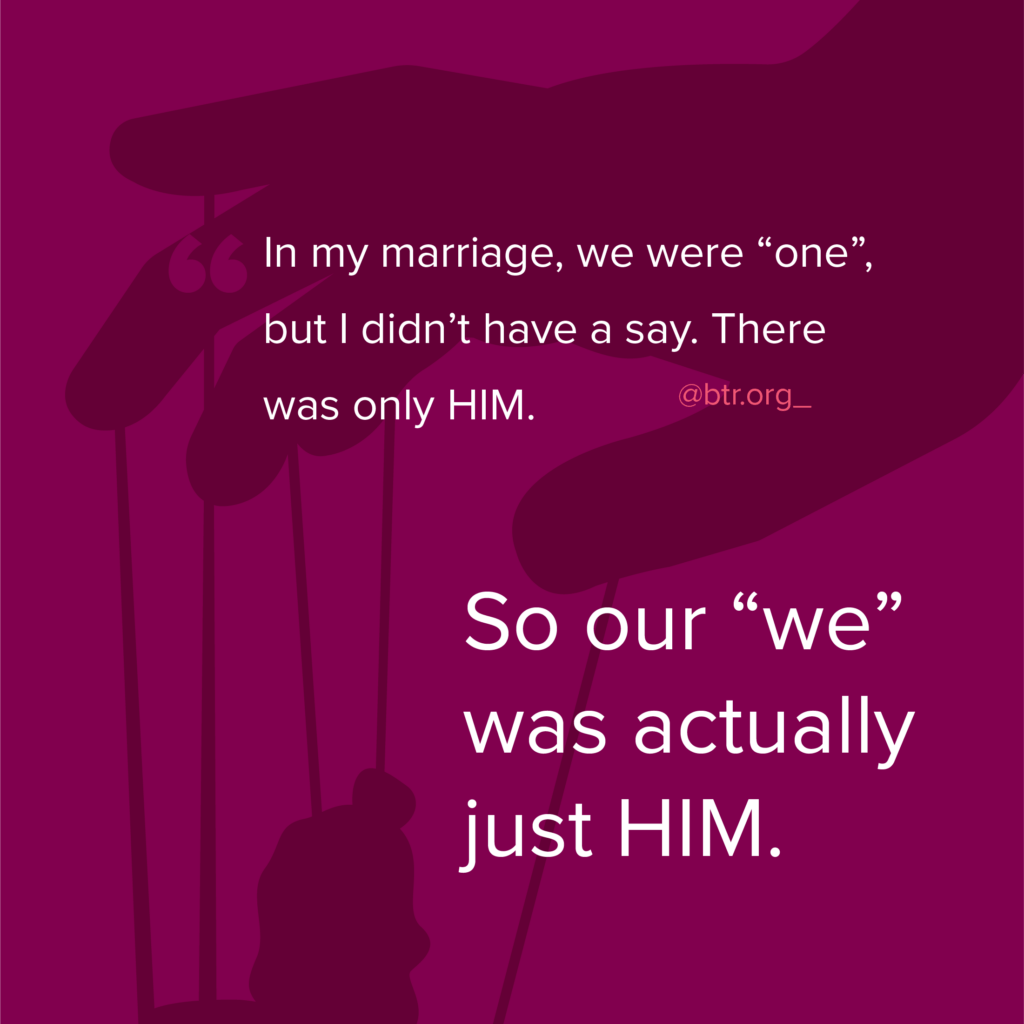If you’re wondering, “Are complementarian teachings abusive to women?” Here are several important things to consider.
If you relate to any of this, learn about our Betrayal Trauma Recovery Group Sessions.

Are Complementarian Teachings Abusive to Women? Yes.
Complementarian teachings, which promote distinct roles for men and women with men holding primary leadership positions, have been critiqued for perpetuating systemic misogyny, particularly impacting women in emotionally abusive marriages.
[wpcode id=”24078146″}
Understanding Complementarian Teachings
Complementarianism posits that men and women have different but complementary roles in life and religious practice.
For example, men are the “rightful” heads of households and leaders in church settings, while women are expected to be their supportive helpers. These teachings lead to patriarchal dominance and marginalization of women.

Why Complementarian Teachings Are Abusive To Women
- Reinforces Misogyny
Complementarian teachings often reinforce misogynistic and oppressive structures by limiting women’s roles and diminishing their contributions. This ideology is widespread and deeply rooted in many institutions, making it challenging for women to break free from its constraints.
- Psychological Manipulation
Women exposed to complementarian teachings experience psychological manipulation. The expectation to conform to specific roles is an assault to their God given talents, as it confines women to a singular path, despite their individual aspirations and talents.
- Excuses for Male Dominance
In relationships, complementarian teachings often encourage, excuse, or ignore male dominance, leading to scenarios where women feel coerced to surrender their autonomy. This is harmful in marriage, where male partners use these teachings to justify controlling behaviors.

Complementarian Teachings Are Abusive To Women
Subject Testimony: Keeli’s Experience
During an interview with Keeli, a victim of complementarian teachings, she recounted her personal experiences of how these teachings influenced her marriage and individual identity.
She recounted that within her marriage, complementarian teachings were utilized as weapons to restrict her ambitions and autonomy.
She described how her husband and pastor employed these doctrines to pressure her into abandoning her dreams, labeling her aspirations as selfish and contrary to ‘godly wisdom.’ This manipulation created an environment where her identity was annihilated.
She was expected to be “one” with her husband, but since she had no voice or power, her “at one”-ness with her husband meant she was essentially rendered non existant.
Complementarian Teachings and Hypocrisy
Keeli further revealed instances of hypocrisy. Her husband selectively used complementarian teachings to control her actions.
Following their divorce, he contradicted his past behavior by claiming she had never been the primary caregiver, despite having enforced that role upon her during their marriage.
Keeli highlighted his refusal to allow her full-time care of their children, as evidence that he never believed in complementarian teachings in the first place – he just used them as an excuse to oppress her.
Realizing the Danger in Complementarian Teachings
Keeli’s journey underscores that complementarian teachings serve as psychological control mechanisms within emotionally abusive relationships.
For women like Keeli, recognizing that these teachings are not divinely mandated, but rather a form of oppression, can be empowering. Acknowledging one’s inherent worth and capabilities, irrespective of gender-prescribed roles, is crucial.
Connections to Broader Societal Oppression
The experiences shared by Keeli illuminate the broader connection between fundamentalist religious beliefs and women’s oppression.
Complementarian teachings are undeniably abusive to women.
They undermine women’s autonomy, talents, and potential, often excusing or perpetuating emotional abuse.
It is imperative for communities to recognize these harms and work towards creating environments where all individuals are valued equally, regardless of gender.
Through Keeli’s testimony, this research highlights the oppressive nature of complementarian teachings on women.
Women grappling with these teachings should be reminded that their worth should not be defined by a man who wants to use and exploit her.
If you’re in this situation, consider:
- Listen to The Free Betrayal Trauma Recovery Podcast to learn more about this type of systemic, institutional oppression against women
- Enroll in The Betrayal Trauma Recovery Workshop to get help determining your husband’s true character, and learn what to do if he has an exploitative character.
- Attend a Betrayal Trauma Recovery Group Session to get the support you need.
Seeing The Danger in Complementarian Teachings
For women trapped in emotionally abusive marriages influenced by complementarianism, the realization that these teachings are not divinely mandated but are a form of psychological control can be empowering. Recognizing one’s inherent worth and capabilities, irrespective of gender-prescribed roles, is crucial.
Complementarian teachings, when enforced rigidly, can be undeniably abusive to women. They undermine women’s autonomy, talents, and potential, often excusing or perpetuating emotional abuse. It’s imperative for communities to acknowledge these harms and work towards creating environments where all individuals are valued equally, regardless of gender.
If you find yourself grappling with these teachings, remember that your worth is not defined by traditional roles.
If you need support, attend a Betrayal Trauma Recovery Group Session TODAY.




0 Comments